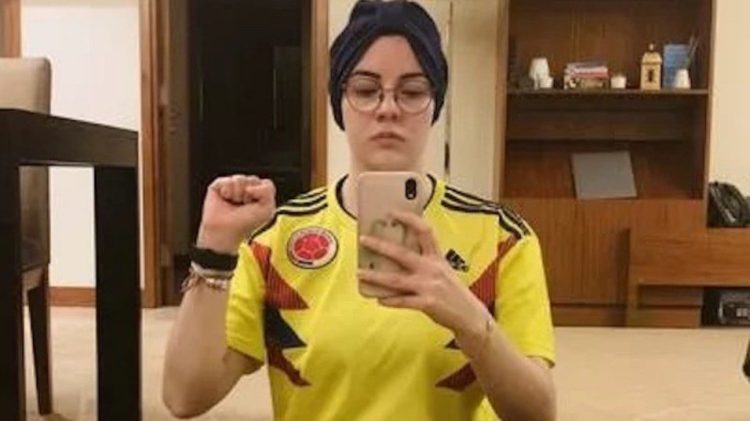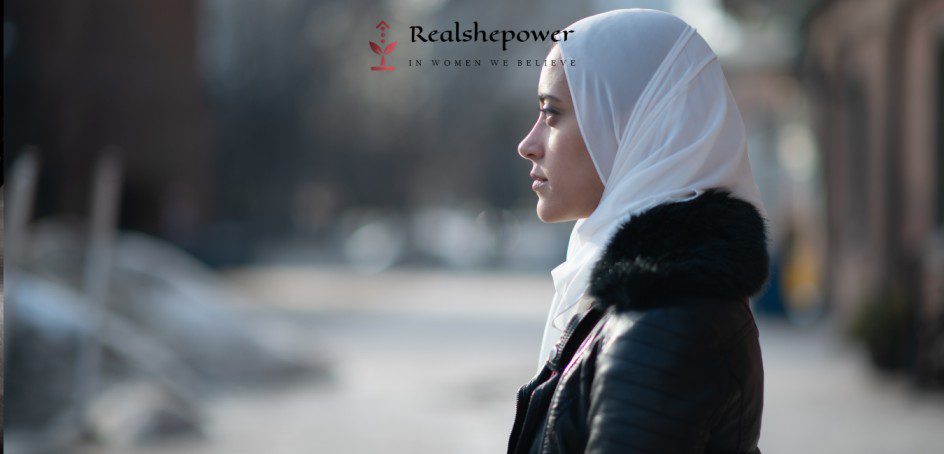This year’s FIFA World Cup in Qatar is defined by its human rights violations, gender discrimination, and rampant homophobia


This year’s World Cup in Qatar is a crime scene, with flagrant gender discrimination, harmful homophobic policies, and serious human rights violations.
While it is accurate that “All governments violate human rights,” as Human Rights Watch’s Minky Worden stated at a recent Sport and Rights Alliance event, All governments must be subject to [human rights] criticism. With the World Cup starting this Sunday, Qatar and its array of labor violations and oppressions have come under worldwide attention. All of this raises important issues about how to support those who are impacted.
One question looms as the world’s best footballers arrive in Qatar for their pre-tournament training camps: Will these athletes use their platforms to advocate for migrant workers, LGBTQ people, and women in the nation that is lavishly hosting them?
Several well-known soccer players have already made statements. Bruno Fernandes, a star for Manchester United and a Portugal international, demonstrated last weekend that he was aware of the broader political context when he said, “We know the surroundings of the World Cup, what has been in the past few weeks, past few months, about the people that have died on the construction of the stadiums. We are not at all pleased about that.
In the meanwhile, the US men’s national team’s training facility now features a rainbow-themed logo to show support for the LGBTQ population. “We are a bunch who believe in inclusivity, and we will continue to project that message going ahead,” US goalkeeper Sean Johnson said. Harry Kane, the captain of England, has declared that he will defend human rights by donning a captain’s armband in Qatar.
Three Major Criticism Faced By Qatar
A record-breaking $220 billion has been spent by Qatar on World Cup preparations. All costs were covered, with the exception of course of labour costs. Migrant workers have experienced a variety of exploitative situations, from appalling housing conditions to delayed or underpaid salaries to forced labour, as human rights organisations have adequately documented.
Qatar’s kafala system for foreign labourers has drawn criticism. Due to this worker-sponsorship arrangement, migrant workers have long been required to give their passports to their employers and were thus unable to change employment or go on strike.
Additionally, in Qatar, having a same-sex partner is illegal and subject to a seven-year prison sentence.
Not to forget that Qatar treats women as second-class citizens. To exercise basic liberties like studying abroad, taking jobs with the government, and getting married, they need the consent of their male guardians.
On a positive note
The #PayUpFIFA campaign is an excellent initiative started by Human Rights Watch. The campaign aims to give migrant workers and their families $440 million, the same amount FIFA awards to teams who win the event. Another worthwhile endeavour is establishing a permanent workers’ centre in Qatar, a proposal that has the support of both the Building and Wood Workers’ International and the International Players’ Union (FIFPRO).
We think that the FIFA world cup 2022 is an opportunity to raise awareness on these issues that we must not miss.
Let’s raise our voice against injustice, crime and regressive policies of Qatar.



